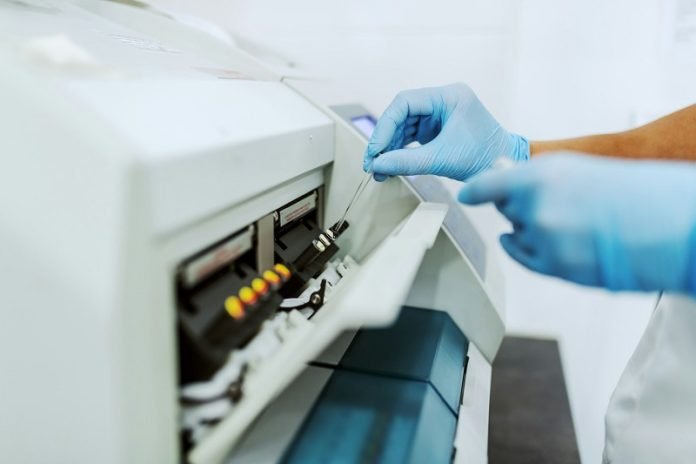
Type 2 diabetes is a chronic condition that affects the way the body processes blood sugar (glucose).
For many years, the treatment has focused on managing blood sugar levels through diet, exercise, and medications like metformin.
However, recent years have seen a wave of innovative treatments that promise to revolutionize care for millions of people living with this disease. As of 2024, these advancements include not only improved drug formulations but also entirely new approaches to treatment.
One of the most exciting developments in type 2 diabetes treatment is the advent of GLP-1 receptor agonists that have a longer duration of action.
These drugs help increase insulin secretion when glucose levels are high, and they also slow the emptying of the stomach, which helps control appetite and reduce body weight.
A significant innovation in this class is a once-weekly injection that has shown excellent control of blood sugar levels and also assists with substantial weight loss.
Studies have reported that patients using these new formulations have better adherence to treatment because of the convenience of less frequent dosing.
Another breakthrough has been in the area of SGLT2 inhibitors. These medications work by causing the kidneys to remove sugar from the body through urine.
Recent versions of these drugs are now being combined with other diabetes medications in a single pill, offering the benefits of multiple drugs with one dosage.
This not only simplifies the management of diabetes but also improves blood sugar control and reduces side effects related to taking multiple medications.
Insulin therapy has also seen innovative strides. The newest generation of insulin products can act ultra-rapidly or have ultra-long actions, which more closely mimic the body’s natural insulin release.
This minimizes the risks of blood sugar levels dropping too low after meals (hypoglycemia), a common side effect of earlier insulin therapies.
The 2024 updates include inhalable insulins, which are a less invasive option that provides rapid action, improving post-meal glucose control without needles.
Beyond medications, technology plays a crucial role in the treatment of type 2 diabetes. Continuous glucose monitors (CGMs) are devices that track glucose levels in real-time throughout the day and night, allowing for detailed blood glucose management.
The latest models of CGMs can now connect directly to smartphones and provide real-time feedback and actionable insights, alerting patients and caregivers when glucose levels are trending too high or too low.
Artificial intelligence (AI) is also making its mark on diabetes management. AI algorithms are being integrated into CGMs and insulin pumps to predict blood sugar fluctuations and adjust insulin doses automatically.
This “closed-loop” system mimics the function of a healthy pancreas and is often referred to as an “artificial pancreas.” Research has shown that this technology significantly improves time spent in the target glucose range and reduces both high and low blood sugar episodes.
Lastly, there’s promising research into reversing type 2 diabetes through very low-calorie diets or through surgical interventions like bariatric surgery.
These methods have shown that significant and sustained weight loss can lead to long-term remission of diabetes in some individuals.
In conclusion, the treatment landscape for type 2 diabetes in 2024 is vibrant and full of promise. With these advancements, treatment is not only becoming more effective but also more user-friendly, significantly enhancing the quality of life for those with the condition.
As research continues to advance, these innovations offer hope for easier management and perhaps even remission of diabetes.
If you care about diabetes, please read studies about a cure for type 2 diabetes, and these vegetables could protect against kidney damage in diabetes.
For more information about diabetes, please see recent studies about bone drug that could lower risk of type 2 diabetes, and results showing eating more eggs linked to higher risk of type 2 diabetes.
Copyright © 2024 Knowridge Science Report. All rights reserved.


